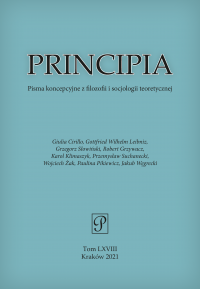
We kindly inform you that, as long as the subject affiliation of our 300.000+ articles is in progress, you might get unsufficient or no results on your third level or second level search. In this case, please broaden your search criteria.

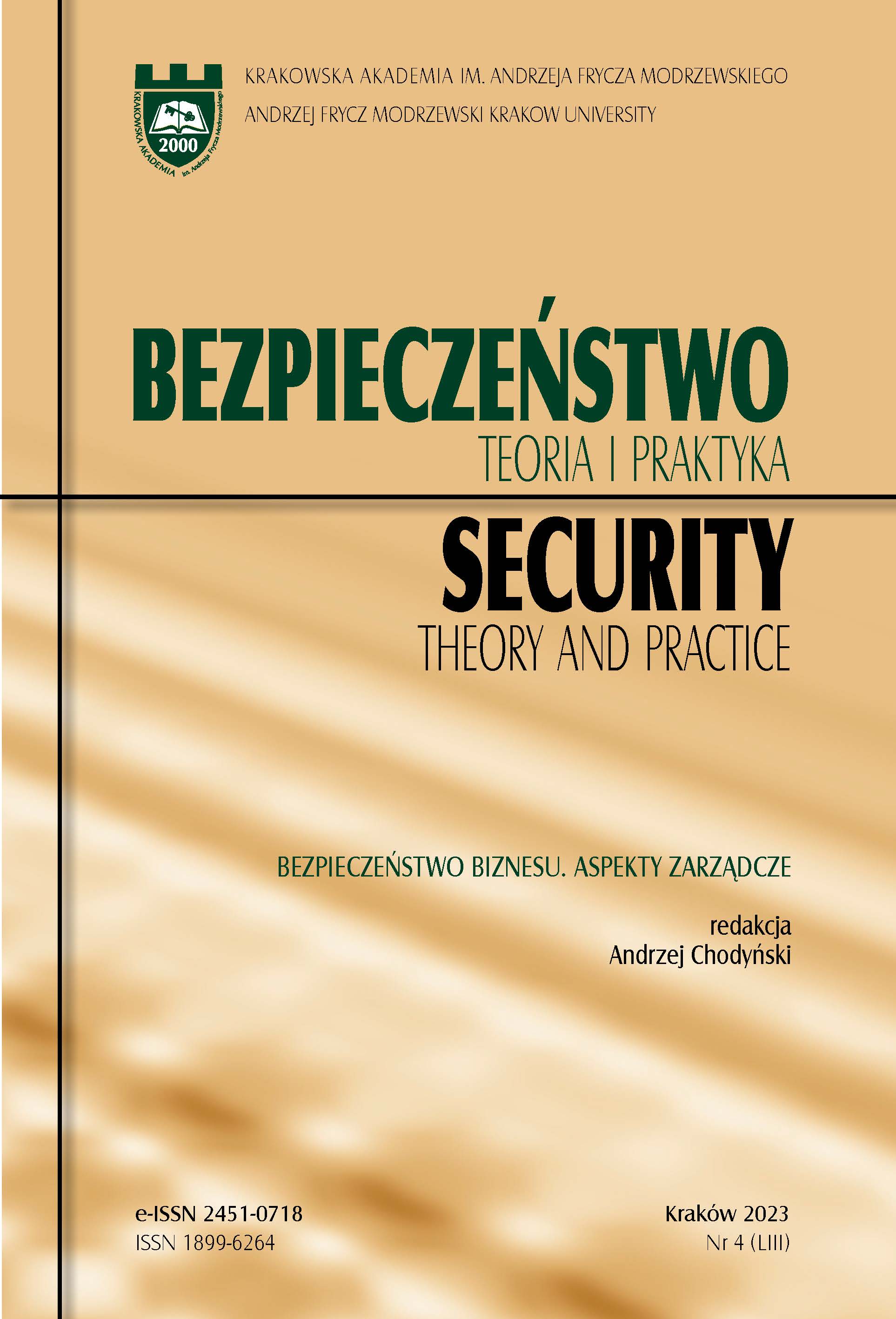

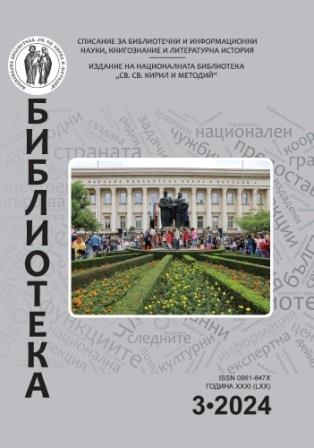


The article presents the historical circumstances of the translation, publication, and distribution in 1875 of the first book on astronomy in the Bulgarian cultural space. This is the popular science narrative of Ormsby MacKnight Mitchel „The planetary and stellar worlds: A popular exposition of the great discoveries and theories of modern astronomy in a series of ten lectures“. The mentioned work was first published in New York in 1848 and was translated into most European languages in the second half of the 19th century. The book was translated into Bulgarian in 1875 by the school professor of natural sciences Dimitar Vitanov, a graduate of physics and mathematics in Russia.The Bulgarian edition is analyzed as content and layout. It is proven that the book is at the height of the best printing practice at the time of publication. Moreover, it was printed in Vienna by the best Bulgarian publisher at the time, Hristo Danov. The data about the distribution of the publication show wide interest among Bulgarian readers.
More...
The article examines the problem of font as a social phenomenon and as an art of the widest application, which takes a large share in the formation of public taste. The contribution of Prof. Vasil Yonchev as the main inspirer of the Bulgarian font-graphic school is referred to.
More...
This research paper discusses the evolution of the attitude of Stefan Bathory (1576–1586), king of Poland, towards the University of Krakow. Being aware of the university’s obsolete structures and its functioning, the king planned to create an elite royal college, in which foreign scholars, especially Italians, were to provide education. Due to the failure of his plan, Batory changed his attitude towards the University, and became its important patron and benefactor. At the same time, however, he also contributed to the establishment of the Jesuit Vilnius University (1578/1579). The author analyses the monarch’s relations with the Krakow Alma Mater over ten years of his reign, trying to explain the circumstances and motives of his conduct towards Krakow’s university elites.
More...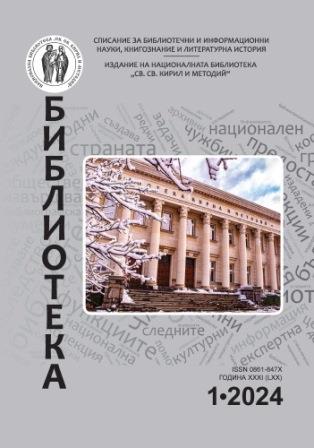

The National Library and Special Collections Department presented an exhibition (real and virtual) of calendars stored in the department. Interesting publications show cultural, natural, religious and historical events and personalities, as well as reproductions of artists, children‘s drawings, etc. The exhibition includes a large number of calendars from the beginning of the last century to the present day.
More...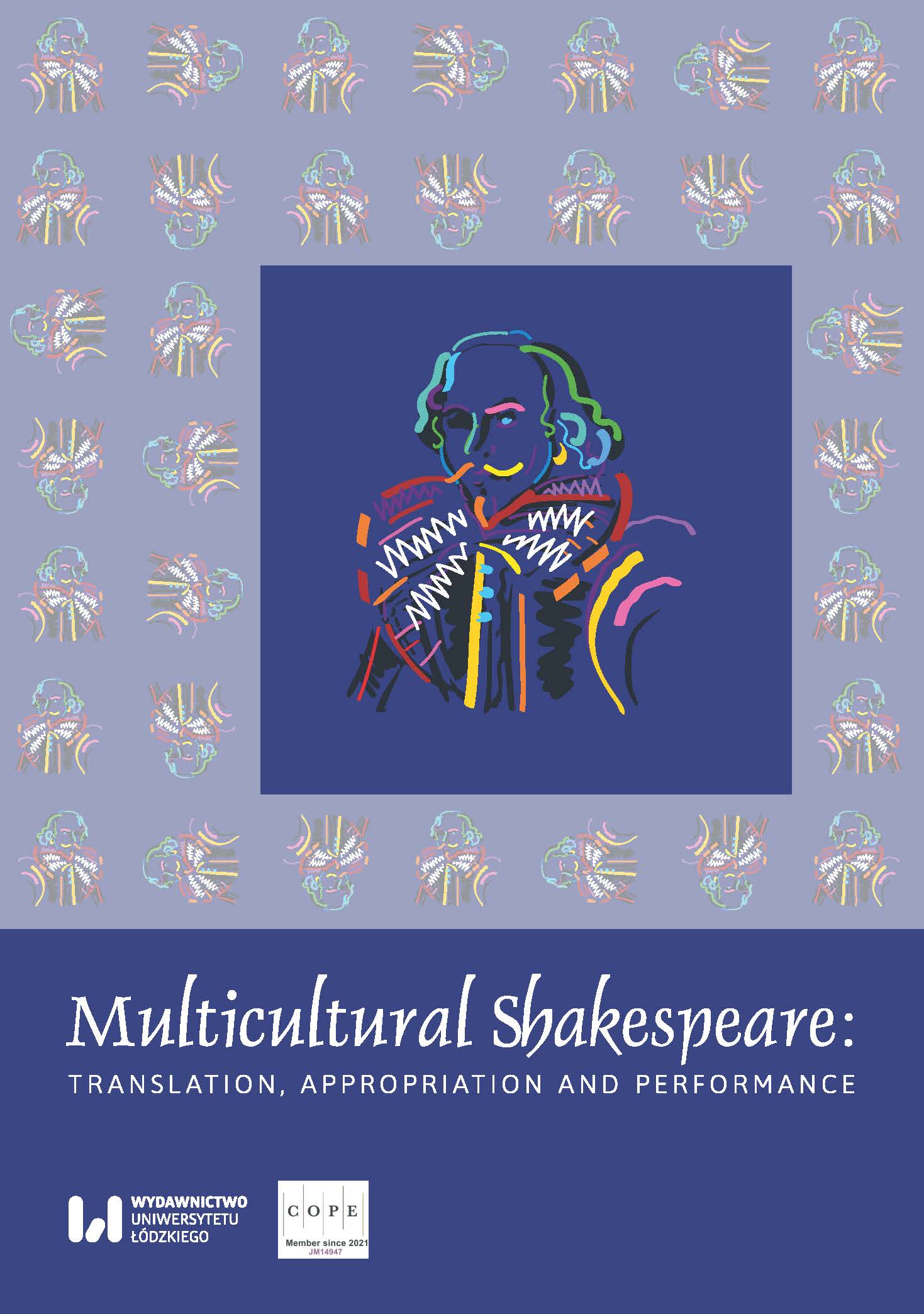
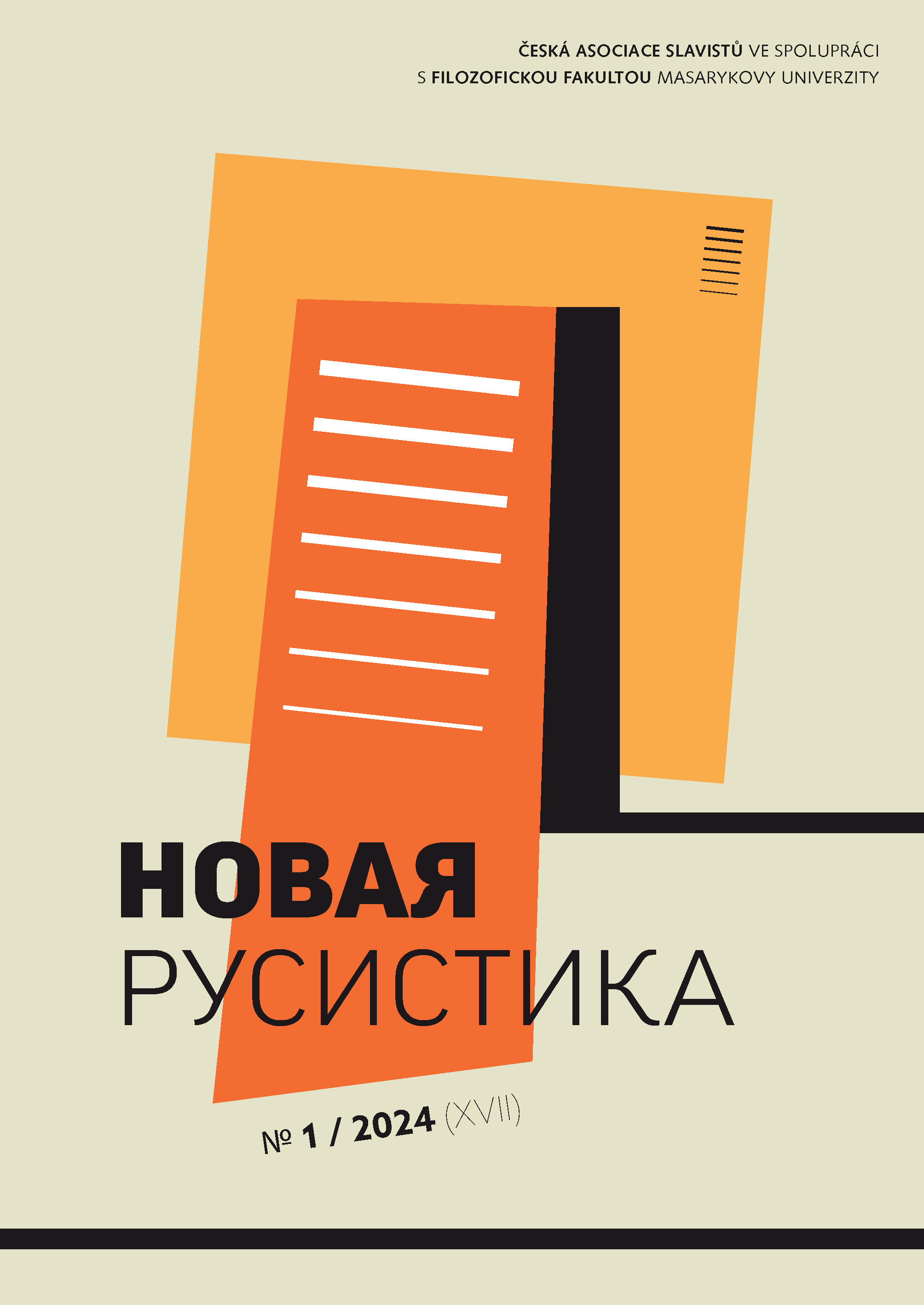
The III International Online Conference "Crime and Punishment: The Current State of Study," held from February 28 to March 1, 2024. Organized by the Research Center "F.M. Dostoevsky and World Culture" and the Commission for the Study of F.M. Dostoevsky's Creative Legacy, the conference featured participants from nine countries, including Russia, Italy, China, Turkey, Czechia, Serbia, Azerbaijan, Croatia, and the USA. The conference focused on various aspects of Dostoevsky's novel "Crime and Punishment," including hermeneutic readings, theatrical and cinematic adaptations, museum exhibitions, translation issues, and its study in educational institutions. Notable presentations included topics such as the novel's British Gothic horror influences, the educational potential of the "Moscow House of Dostoevsky" exhibition, and the challenges of translating character names. The event concluded with a roundtable discussion on teaching the novel in schools and universities, emphasizing the novel's enduring relevance and its role in fostering critical thinking and self-reflection.
More...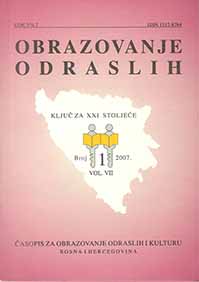
Review of: ''Nastavnik u inkluzivnom okruženju'', dr. Sadete Zečić, mr Zumrete Jeine; Štamparija ''Fojnica'' d.o.o. , Fojnica 2006.
More...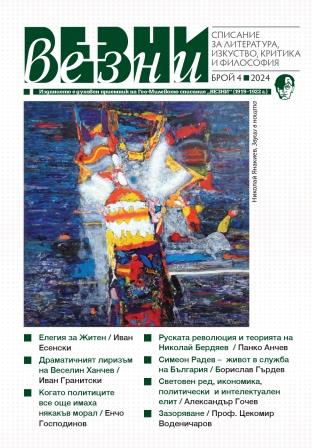
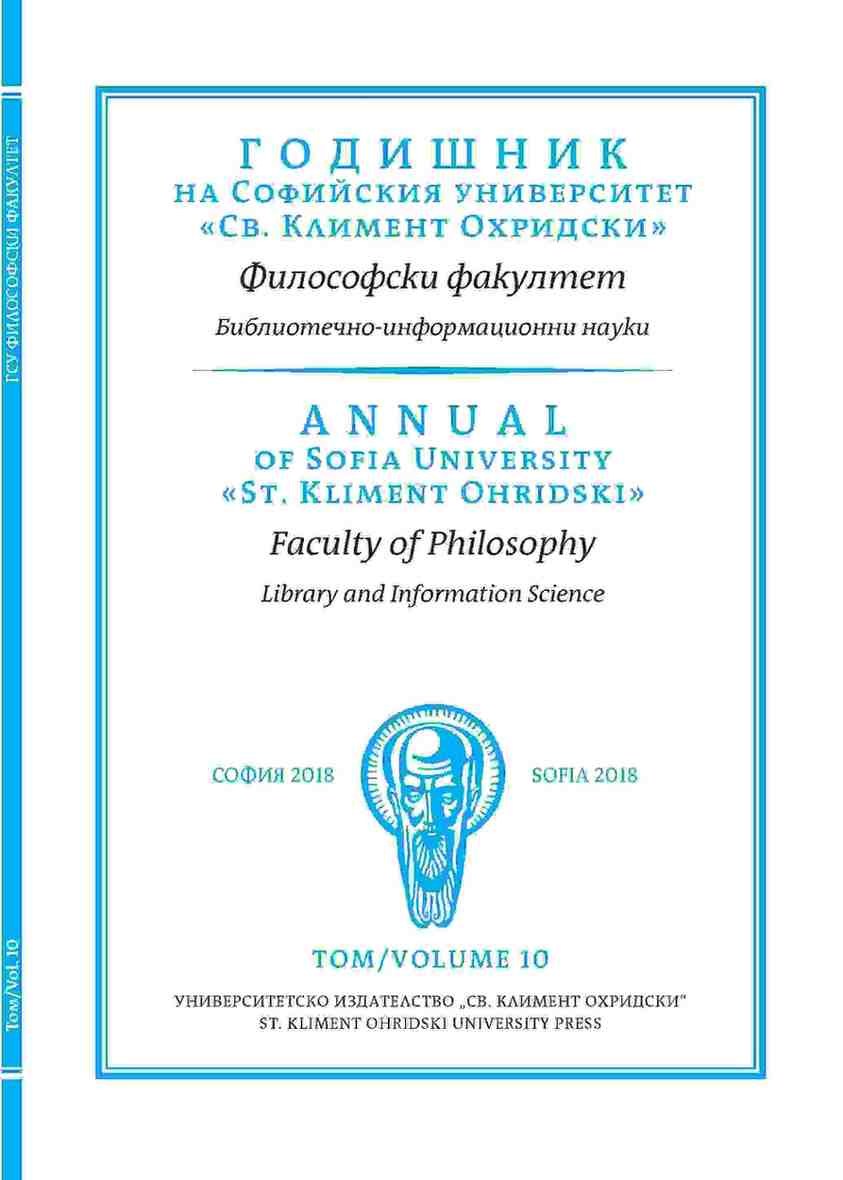
Anniversary of the Department of “Library Science, Scientific Information and Cultural Policy” at Sofia University “St. Kliment Ohridski”.
More...
The bibliographic index presents the publication activity of the professors in the „Library and Information Sciences“ specialty for a period of ten years. The leading principle to include the authors’ activity is their belonging to the academic staff of the department of „Library Science, Scientific Information and Cultural Policy“, which provides the educational process and leads the main scientific and research activity in the field of book history, library science and bibliography, information science, information, and communication technologies; the social (cultural) context in which memory institutions exist and function – libraries, museums, archives.
More...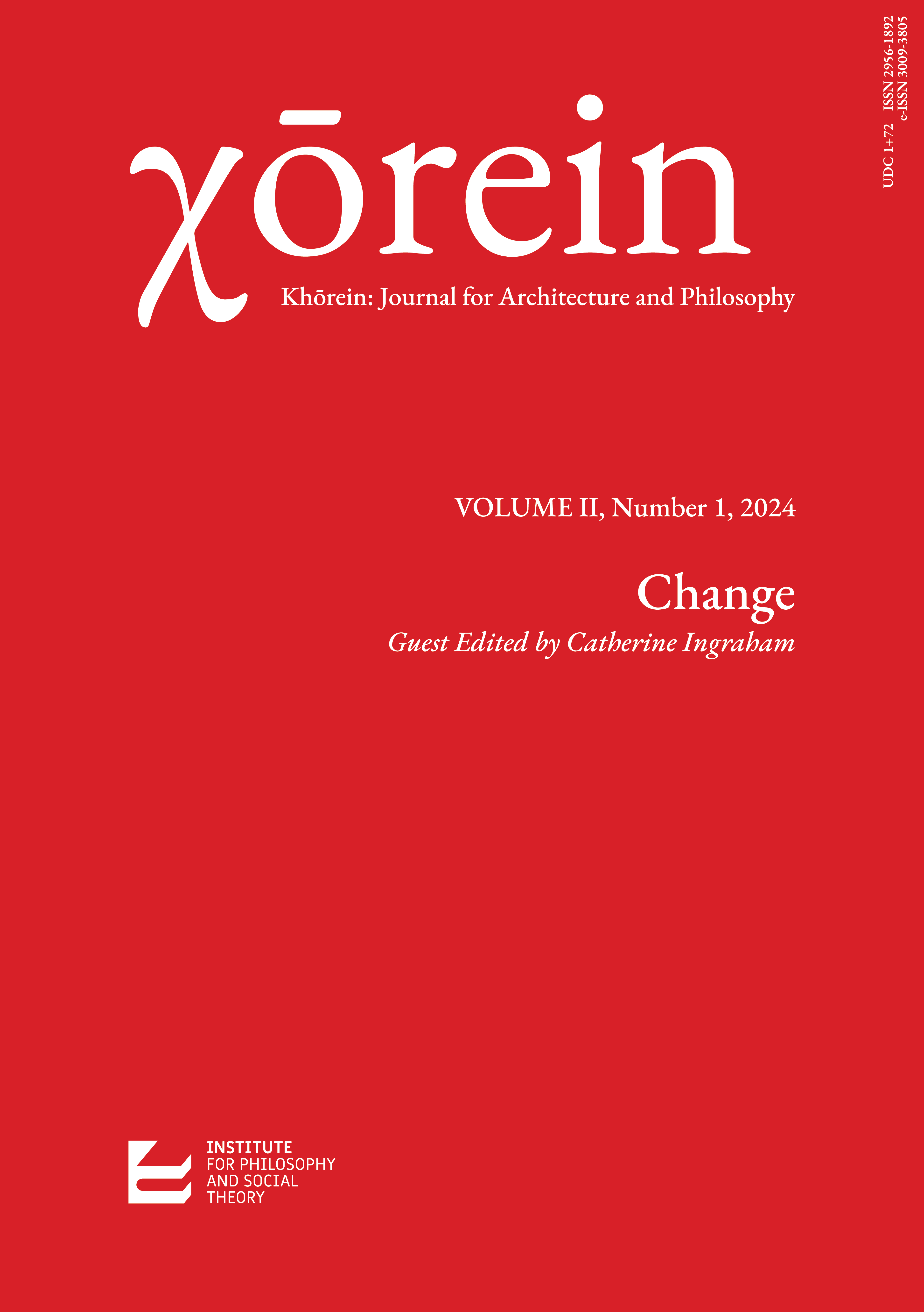
The book Architecture Constructed: Notes on a Discipline is an almost unique text in the contemporary landscape of architectural theory and criticism (but also beyond those). Namely, it is not a book of theory, not a book of criticism, not a book of history, but at the same time it is cer-tainly a book of theory, criticism and history.And it does so by reviving the aphoristic genre, here following Jacques Derrida and Friedrich Nietzsche, that has largely fallen into disuse, as it is considered neither scientific nor academic in current (scientific and academic) production. By stepping back from the details, one is in fact still able to perceive the synthetic complete image.
More...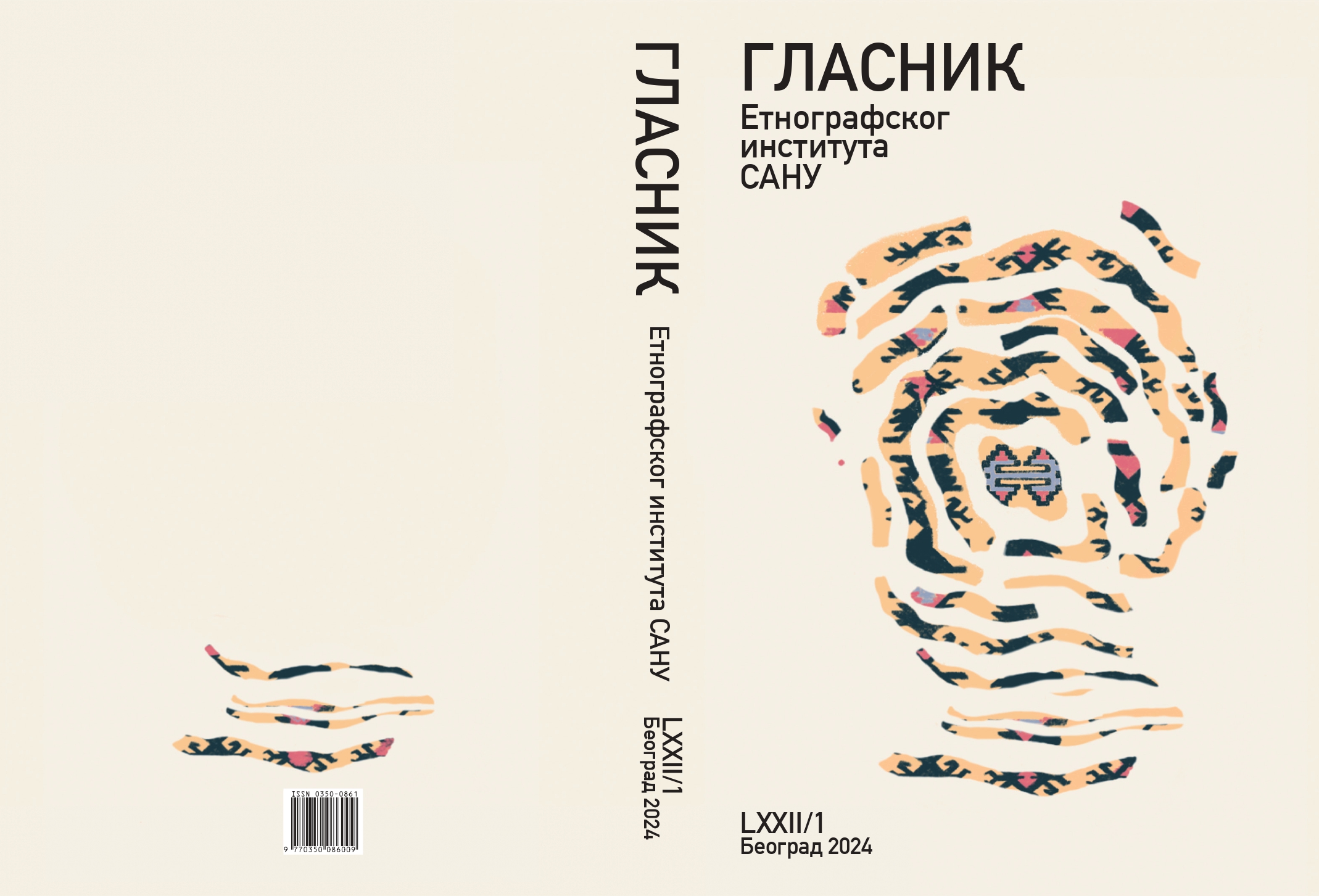
Review of: Кристина Јоргић Степановић Кроз трње и цвеће: питање еманципације жена у Краљевини Југославији (1918-1941) Покрајински завод за равноправност полова Нови Сад 2022, стр. 222
More...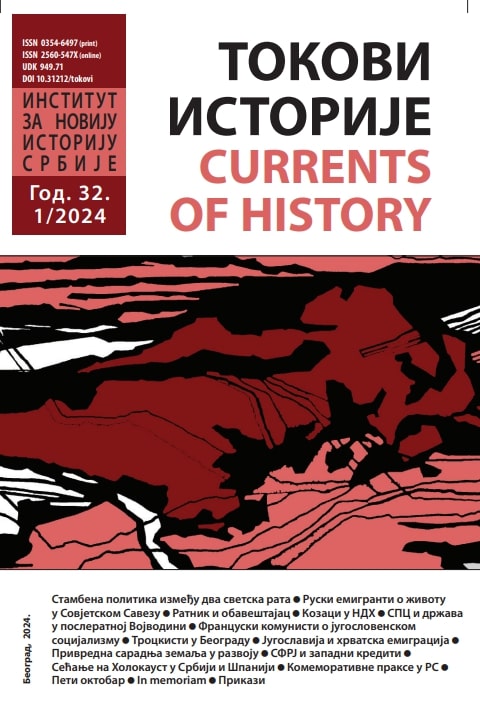
Review of: Dalibor Velojić, Moravska banovina 1929–1941. Leposavić: Institut za srpsku kulturu, 2023, 417.
More...
Review of: Bošnjaci u emigraciji: Adil Zulfi karpašić i nacionalno-politički vidokrug „Bosanskih pogleda“. Zbornik radova, ur. Safet Bandžović. Sarajevo: Bošnjački institut, 2023, 238.
More...